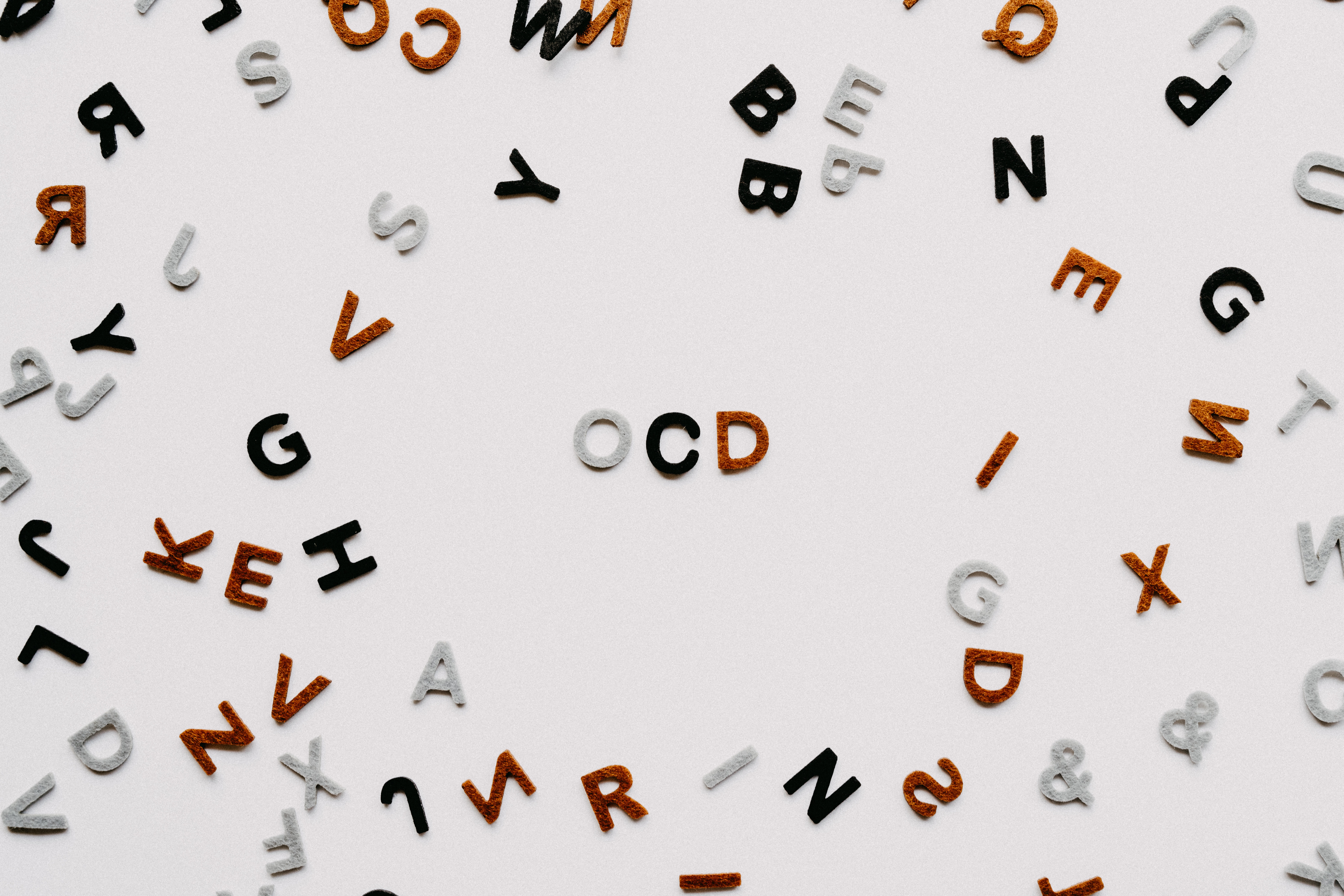Can't sleep? You're not alone!

Can’t sleep at night? You’re not alone. In Malaysia, approximately 35% of the population have insomnia symptoms and 12.2% had chronic insomnia. Insomnia is a common complaint at the GP clinic and many of us suffered from insomnia symptoms at one point of our lives. Symptoms of insomnia can range from difficulty falling asleep, waking up after falling asleep and having trouble to fall back to sleep or waking up too early in the morning and feeling tired upon waking. Insomnia not only cause poor sleeping quality but can also interfere with day to day functioning. Long term, it can cause various physical and psychological disorders such as high blood pressure, obesity, heart disease and depression.
Insomnia can be diagnosed clinically based on patient’s subjective report of their sleep patterns and the symptom severity must be sufficient to cause significant impairment in daily functioning. It is chronic by definition if it lasted more than one month. Insomnia can be a symptom of various underlying medical, psychological and environmental causes. Your doctor will assess your risk factors, medical and medication history as well as your psychiatric history.
There are various causes of insomnia such as:
- Acute and chronic environmental stressors (job, relationship, financial difficulties, shift-work, jet lag)
- Unhealthy lifestyle (smoking, sedentary lifestyle, excessive daytime napping, excessive use of computer and phone)
- Excessive intake of caffeinated and carbonated beverages, sweet foods like chocolate
- Side- effects of medications including recreational drugs and slimming pills
- Heart and lung disease, asthma
- Hormonal changes such as diabetes, hyperthyroidsm, menopause, pregnancy
- Gastroesophageal reflux disease (GERD)
- Alzheimer’s disease
- Chronic pain or itchiness such as arthritis, skin diseases like eczema
- Underlying cancer
- Psychiatric illness (depression, anxiety disorder, psychosis)
- Sleep disorders (sleep apnoea, restless leg syndrome)
Treatment of insomnia is based on the diagnosis and severity of symptom. Medication to treat insomnia including melatonin, sedating anti-histamine like Chlorpheniramine and Benadryl, Benzodiazepine (Lorazepam) and non-Benzodiazepine (Zolpidem). Medication can be prescribe but only for short period of time as long term use can cause variety of side-effects such as daytime fatigue, dizziness, impairment of motor function ability and physical dependence.
There are several lifestyle measures that you can do to help you improve your sleep:
- Practice healthy lifestyle by regular exercise and quit smoking. Avoid rigorous exercise 3 to 4 hours before bedtime
- Cutting down on coffee, tea, carbonated drinks and sweet foods intake
- Avoid large meals, cigarette and alcohol near bedtime
- Turn off your smartphones, TVs, laptops or other screens at least 1 hour before bedtime. The blue light emitted from these gadgets can suppress your own’s melatonin production and disrupt your internal body clock
- Unwind with soothing music, meditation, breathing exercises, mindfulness, reading a book and turn your bedroom light dim and quite
- Avoid using your bed as your work space
- Establish a regular schedule for going to bed and getting up. Avoid daytime naps
Getting adequate quality sleep is vital for the physical, mental and emotional wellbeing. Insomnia can cause mood irritability, physical fatigue and poor work performance. Insomnia can be more than just a nuisance if remained untreated. If you’re suffering from insomnia, don’t hesitate to reach out and talk to our doctor.



